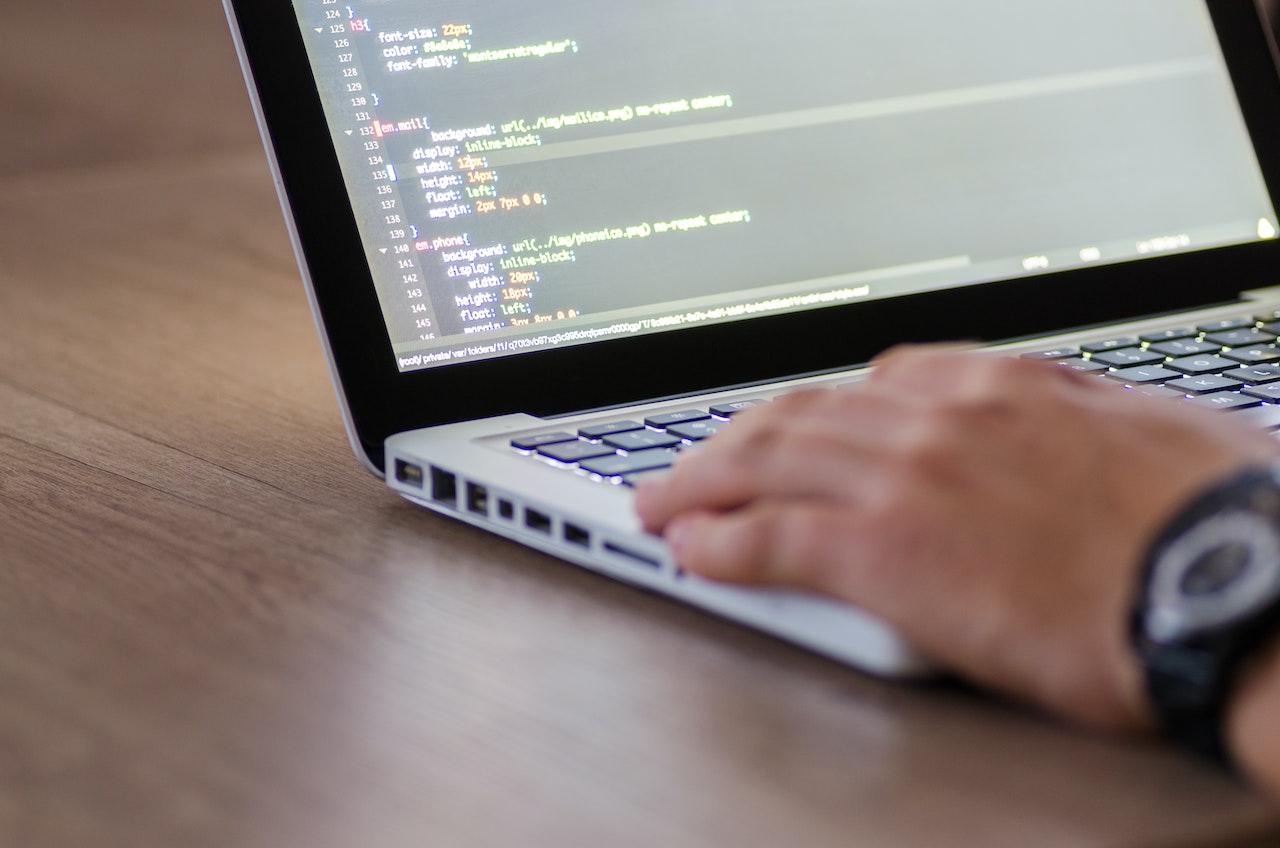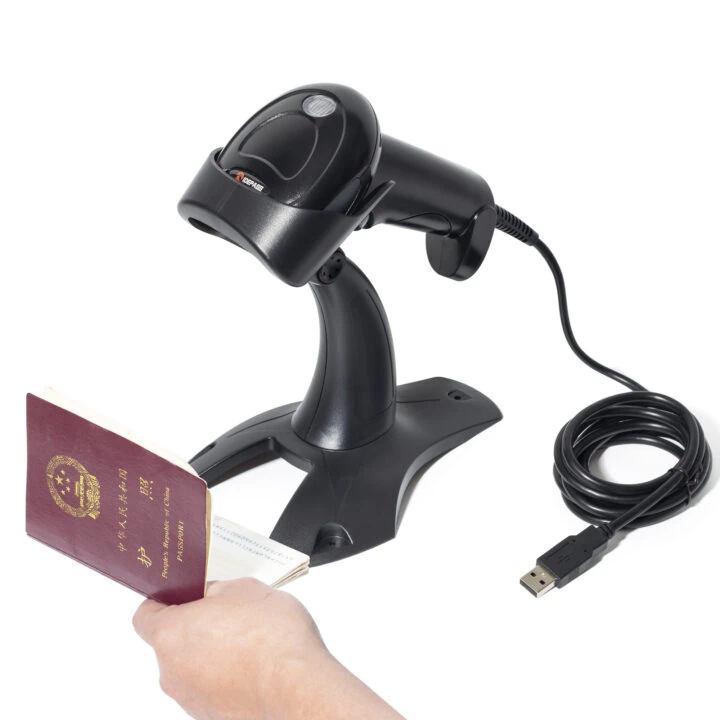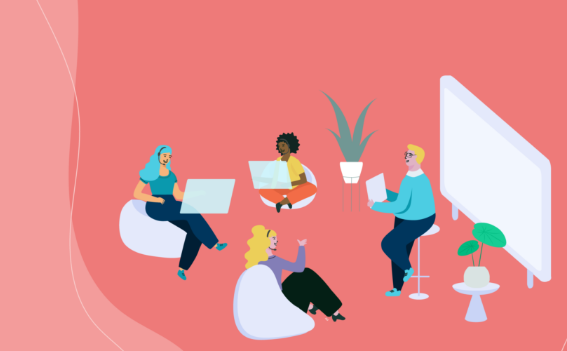If you want to dive headfirst into the fascinating world of computer programming but need help figuring out how to get started, have no fear! This guide provides eight easy steps that can introduce you to coding and help you build your skills in a systematic and friendly way. Here you’ll find a well-defined path to follow whether you’re brand new to programming or have years of experience under your belt. By working through these guidelines, you can improve your coding skills, boost your self-esteem, and open up vast possibilities in the digital world.
1: Pick a Language for Coding
You should think about your hobbies, goals, and the tasks you want to do before deciding on a programming language. Python’s excellent readability and simplicity make it an ideal language for those just learning to code. JavaScript is a popular choice for developing websites because of the robust capabilities it provides for making dynamic and interactive content. Ruby offers a clean syntax and a helpful community for those interested in developing web apps or working with data. Ultimately, the language you learn as a programmer should reflect your preferences and the projects you hope to accomplish.
2: Establish Objectives
Your coding adventure will go much more smoothly if you set certain objectives for yourself. Determine your end goal before beginning to code, whether creating a mobile app, designing a website, or diving into data analysis. When you have a clear idea of how far you would like to go, breaking down your goals becomes much easier. Goals can include learning HTML and CSS for presentation, becoming fluent in JavaScript for interactivity, and using a framework like React or Angular for application logic. To make progress in your coding knowledge, having a clear idea of where you want to end up is helpful.
3: Get back to the basics
Learning the fundamentals of programming logic and grammar is an absolute must if you’re just getting started in the world of code. Learn the fundamentals of programming and how to work with variables, data types, loops, conditionals, and functions. Having a firm grasp of these elements will prepare you well for studying any programming language. Use the many resources available, including online tutorials, coding platforms, and textbooks with exercises. Building a solid foundation in programming fundamentals is the best way to prepare yourself for learning more complex ideas in the future. To make sure you understand the basics, it’s important to practice what you’ve learned with coding activities.
4: Miniature Projects for Rehearsal
Mini-project practice is a great way to hone your coding abilities and gain hands-on experience in a real-world environment. Start with beginner coding tasks and work your way up to more advanced projects. This hands-on IT environment approach provides you with an opportunity to put your skills to use and observe how they perform in practical situations. Consider starting with simple and easy projects, such as creating a calculator, a to-do list app, or a website. These assignments not only expose you to the development process but also provide a tangible setting to practice your coding skills. As you take on these smaller assignments, you will encounter various challenges that will enhance your critical thinking and problem-solving abilities. Keep practicing and exploring new things, adapting different methods along the way to further refine your coding skills.
5: Join Online Coding Forums
The best way to improve the learning experience and connect with other programmers is to join a coding community. Participate in online discussion groups, social media communities, and programming hubs that are specific to your programming language or interests. A wealth of information and assistance is available in these forums from knowledgeable developers who are happy to share their insights and provide guidance. You can make friends and keep yourself motivated by taking part in group discussions, seeking advice, and reporting on your progress. You can find networking and collaboration opportunities by participating in local hackathons and coding meetups. Joining a coding community gives you access to a wealth of information and a community of people willing to help you succeed.
6: Make Use of Digital Educational Tools
Learn to code in a fun and organized way with the help of an interactive learning environment. The tutorials, activities, and quizzes found on these sites make learning to code a hands-on experience. It provides instantaneous feedback on your progress, allowing you to study at your own pace. Furthermore, many of these sites provide a helpful group of students with whom you may network, get pointers, and brag about your successes. Since they are hosted online, interactive learning platforms make it easy to improve your programming skills at your own pace. Accept these sites as helpful aids on your path to becoming a programmer, and make the most of the information they provide.
7: Open-Source Project Collaboration
Participating in open-source projects with other developers may be a gratifying and educational experience. Open-source project contributions allow you to work on real-world projects alongside other engineers, providing invaluable hands-on experience. You can learn a lot about software development practices, hone your problem-solving skills, and get real-world coding experience by participating in these projects. Working on open-source projects with others is a great way to learn about new programming languages and frameworks, as well as improve your project management and version control skills. Meeting other people with a similar interest in programming and open source is a great way to expand your professional network. Join the open-source community, and you’ll be able to hone your abilities while helping others and expanding your horizons.
8: Invest in Your Future
Creating a portfolio to highlight your coding expertise is an important step in striking out potential employers. Put together a portfolio of your coding work, complete with details on your involvement and the tools you used. Focus on the work that speaks most to your skills and interests in the field you hope to enter. A well-organized portfolio is an opportunity to display not just your technical talents but also your problem-solving and imaginative capacities. Websites, mobile apps, and data analytic projects are good examples of your adaptability, so consider including them all. Keep your portfolio current as you finish new projects and advance in your coding expertise. Your chances of landing coding gigs will increase dramatically if you have a polished and complete portfolio to show off to prospective employers or clients.
Conclusion
Thanks to these eight easy steps, you now have a firm footing on which to build your coding career. Keep in mind that mastery of coding requires time, effort, and persistence. Embrace the unknown, maintain your sense of wonder, and never stop investigating new areas of code. Writing code will boost your self-esteem and help you develop new skills. Maintain your coding practice, participate actively in online coding forums, and never be afraid to ask for assistance. There are countless opportunities for originality, problem-solving, and innovation in the ever-expanding field of computer programming.



